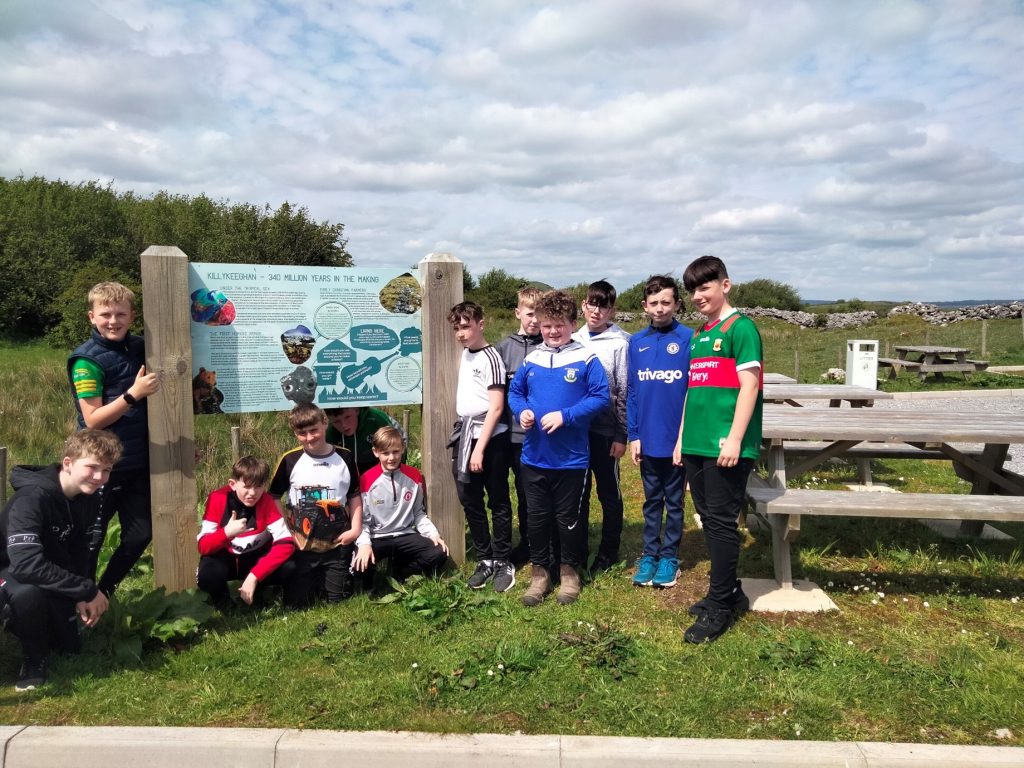Geography Department
- Mrs T Bradley (Head of Department)
- Mrs T McSorley
- Ms T O’Connor
Marble Arch Geo-Park: Limestone Scenery Study: Year 8
What will I study?
| Year 8 | Year 9 | Year 10 |
| An introduction to Geography
How the World is divided up The Geography of the British Isles OS mapwork skills An introduction to Geology and Cave Formation Settlement Geography |
Climate Change
Weather and climate Rivers Population |
Earthquakes and volcanoes
Ecosystems Development |
How will I be assessed?
There will be four formal assessments throughout the course of the year. October, December, February and an End of Year assessment.
Useful links:
http://www.bbc.co.uk/northernireland/schools/11_16/ks3geography/index.shtml
http://www.geographyalltheway.com/

